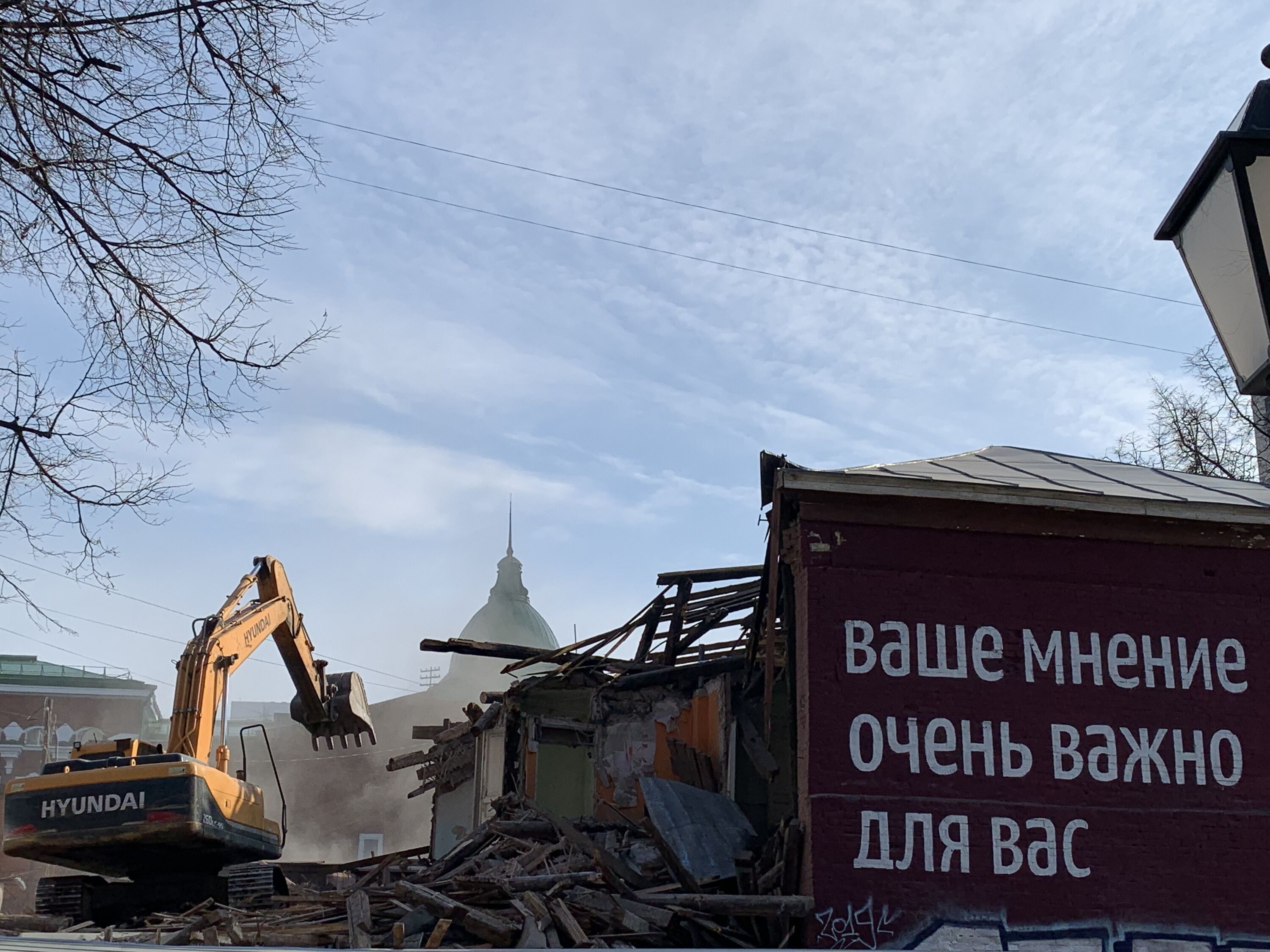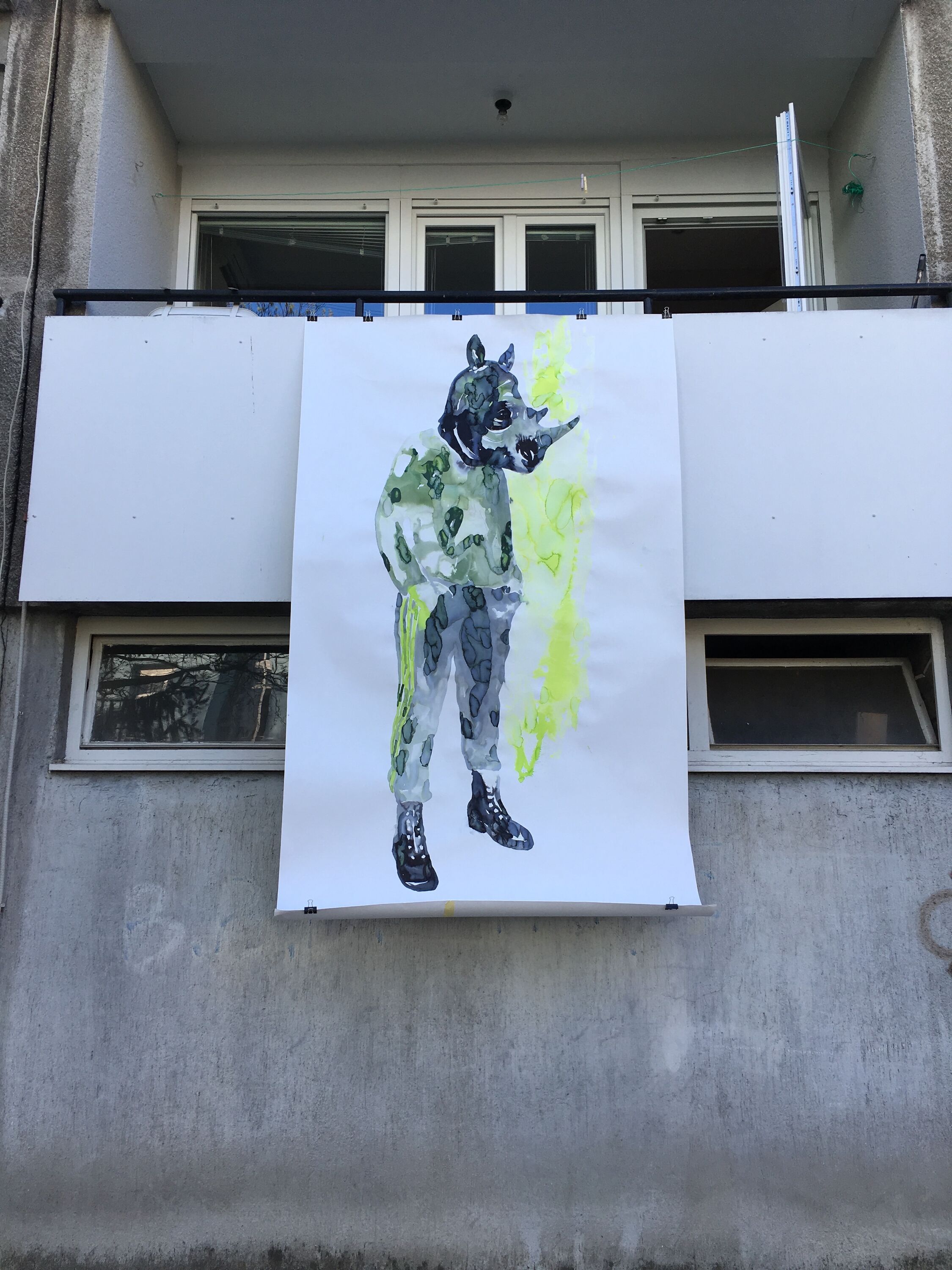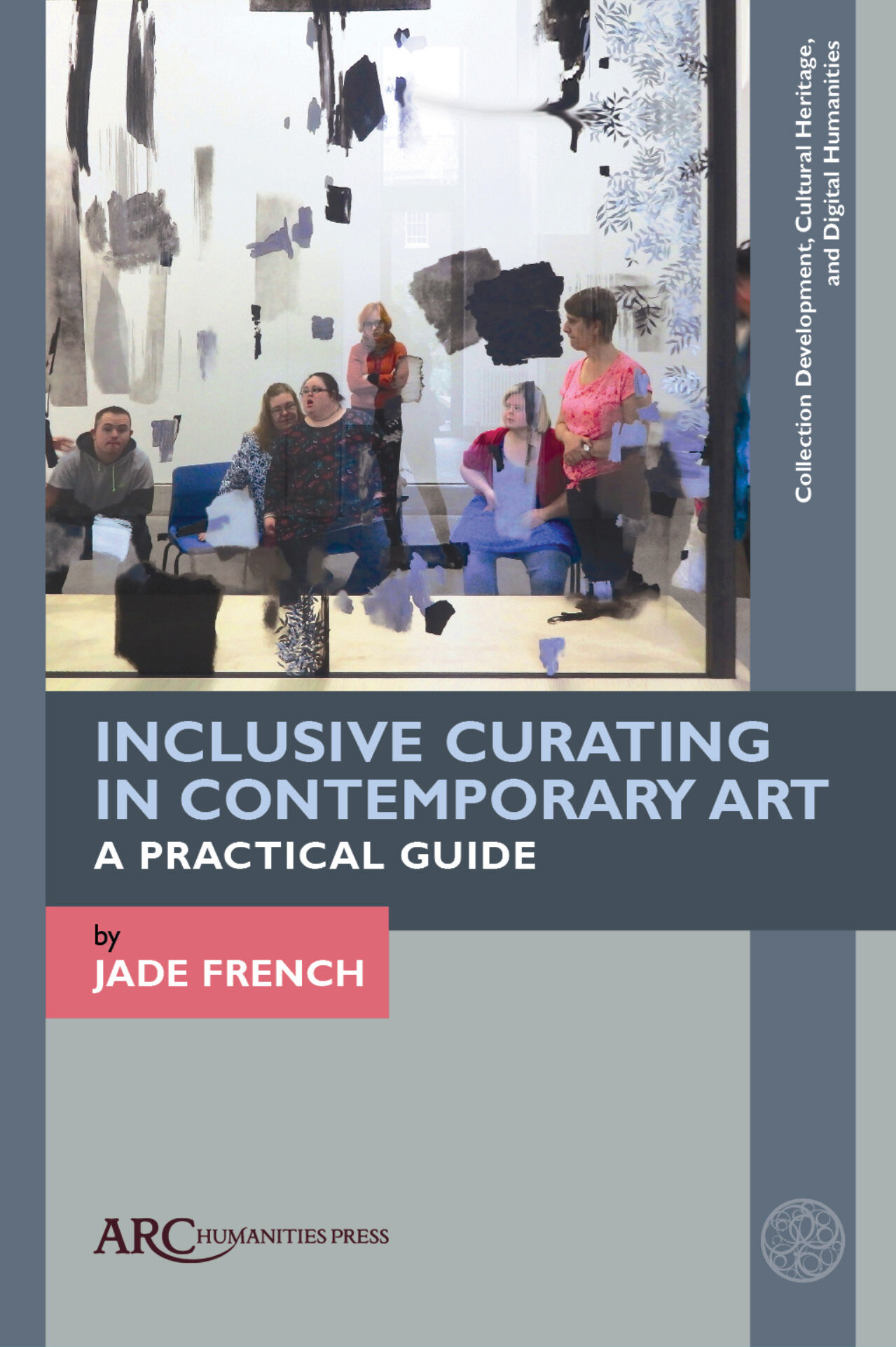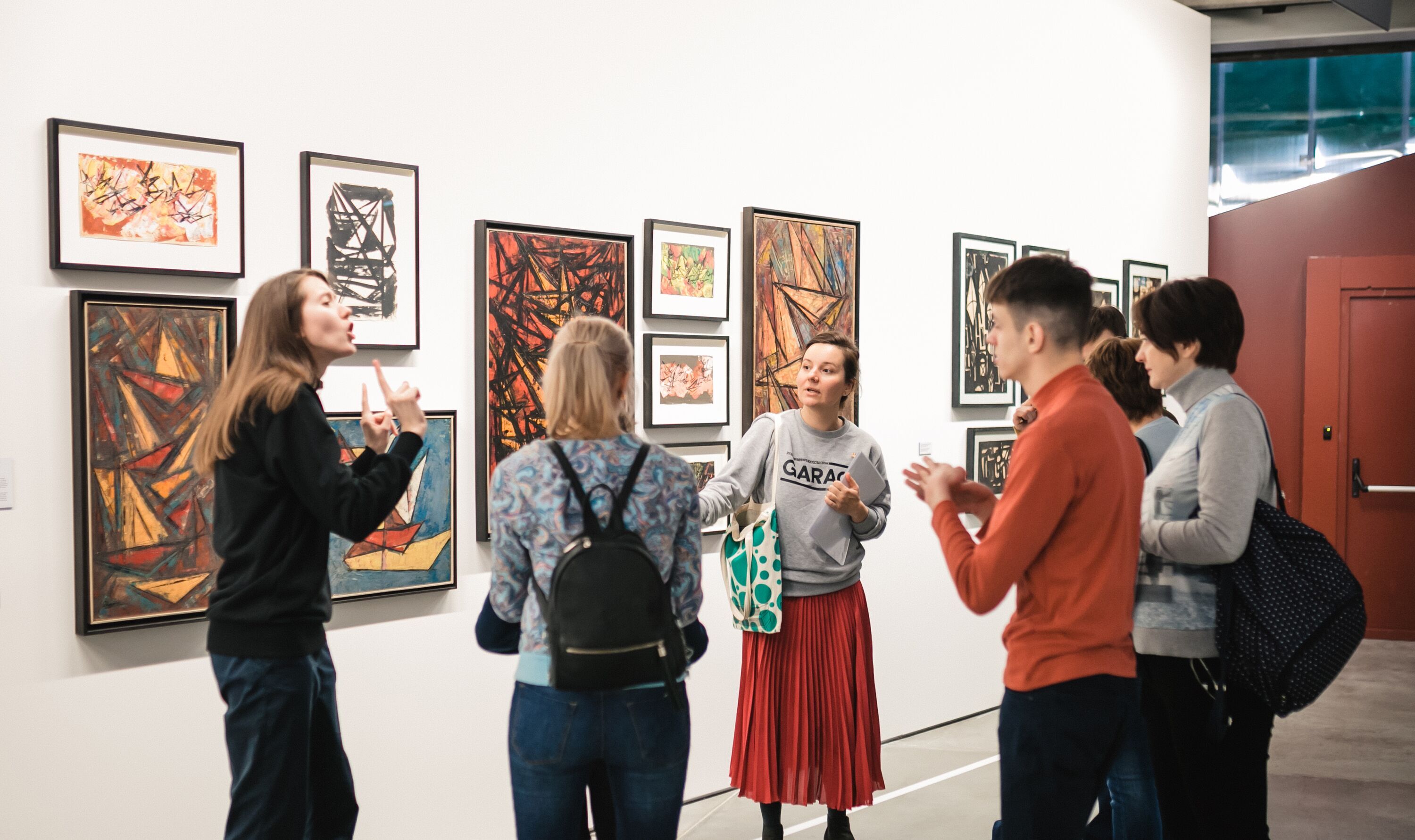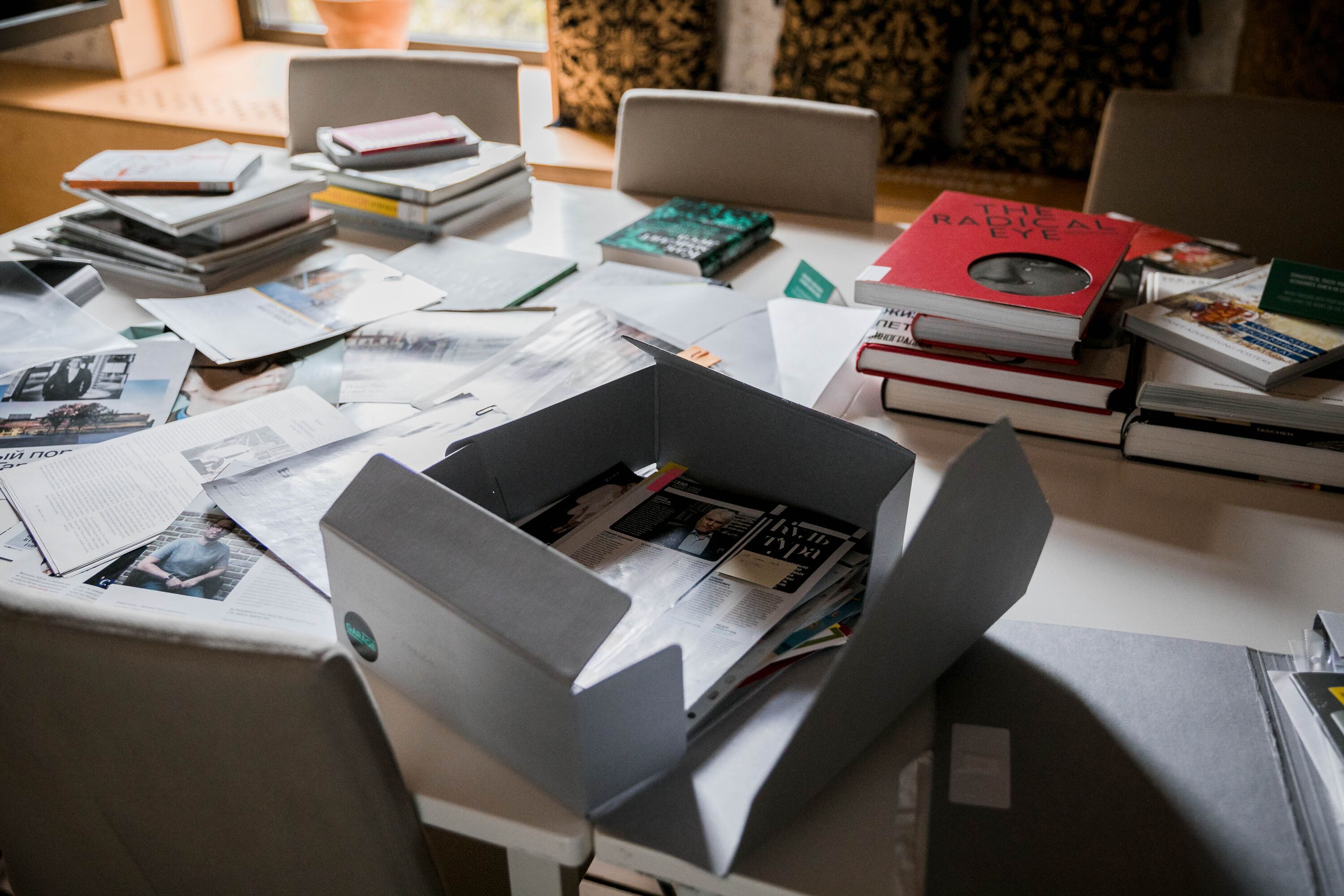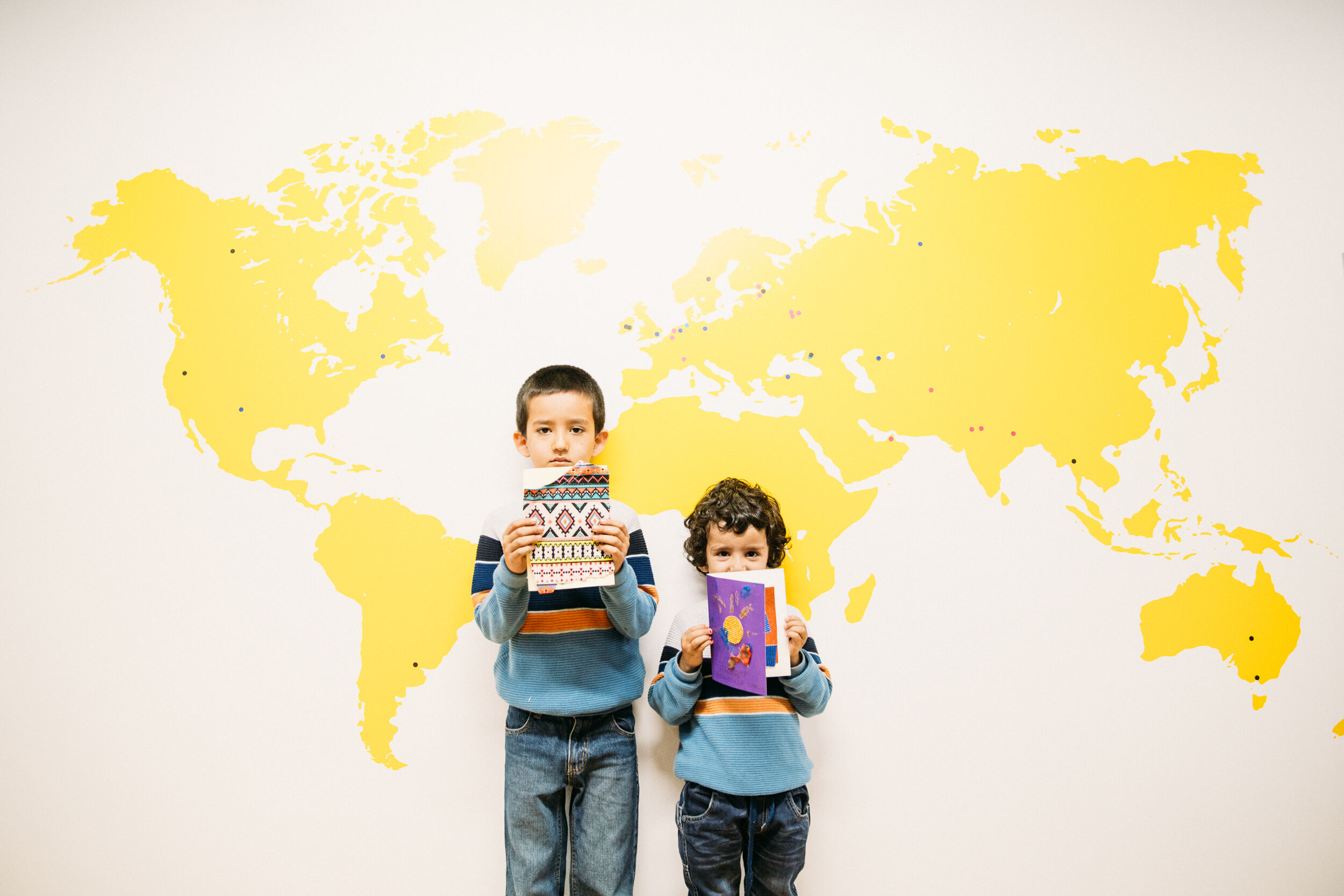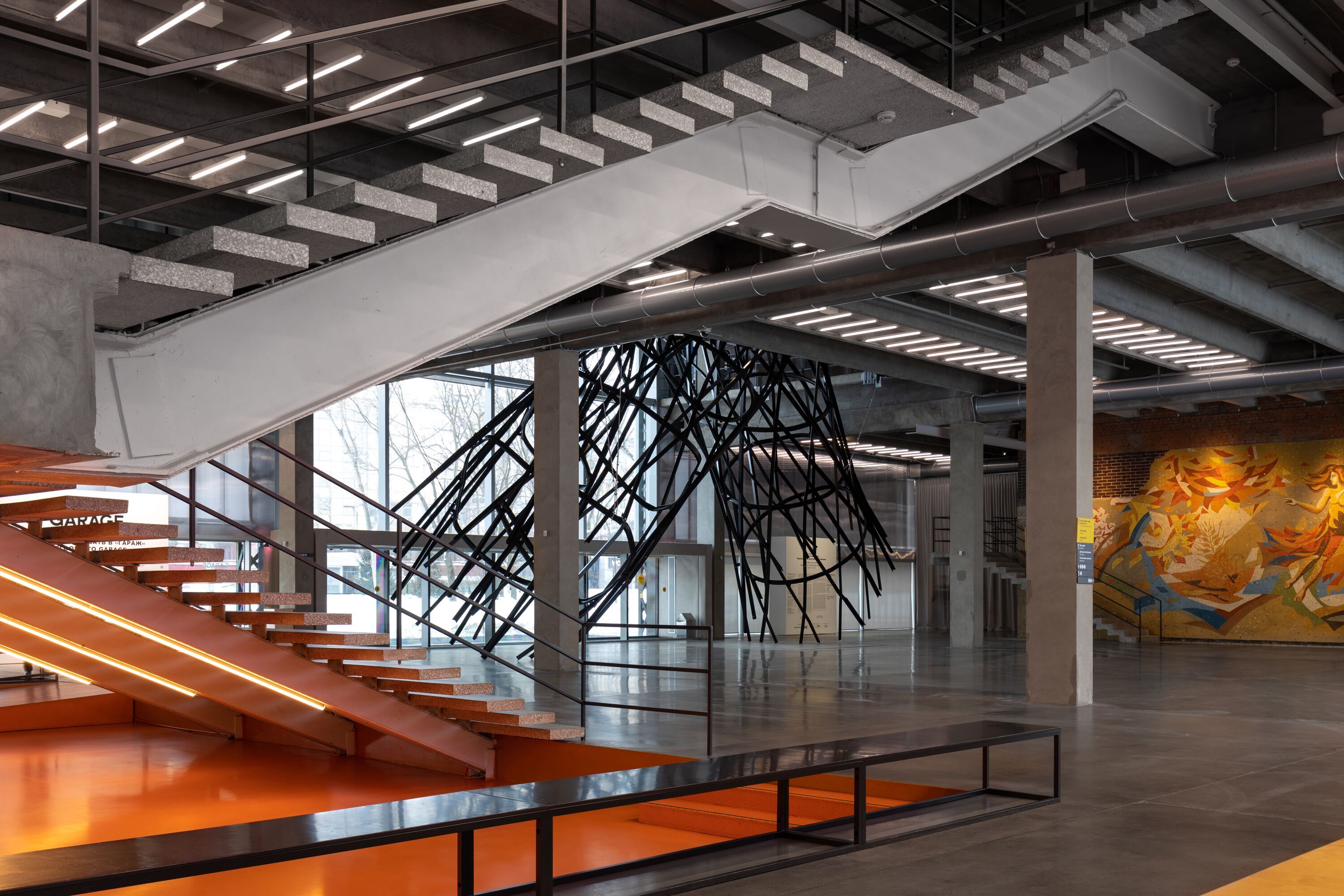Articles by keyword "art-institutions"
The discussion was organized by The Garage Journal as a part of the eighth edition of Cosmoscow International Contemporary Art Fair. It was held at the Gostiny Dvor in Moscow on the 13th of September, 2020. Speakers were invited to reflect on the changing role of the museum as a social institution in Russia during the COVID-19 pandemic and other global crises. They discussed Russian museums’ strategies for interacting with their audiences and fundraising, as well as other aspects of museum work that are particularly important in crisis situations.
Titled ‘After Crises: Art, Museums, and New Socialities’, the issue explores a variety of crises and socialities from a range of perspectives, including the ideas of (in)visibility, (dis)continuation, and (non)representation. Paying attention to different kinds of crises (political, social, economic, health, and other), the issue surveys a range of cultural contexts, including Japan, Hong Kong, Russia, and the United States, and explores how new socialities are replacing existing identities.
The essay reflects on the development of new social roles and, as a result, new identity aspects by deaf visitors of Garage Museum of Contemporary Art, in the period from 2016 to 2020. Based on her personal experience of working in the inclusion department of Garage and on unstructured interviews with deaf individuals, the author analyzes the process of rethinking deafness as the key factor that shapes their identity. By examining a series of examples of deaf people acquiring new social roles within the art institution, she looks for interconnections with their personal sense of self.
What is the role of collaborative research in contemporary museum practice? How can an art institution support research in the arts and humanities? These are some of the questions that were sent to a panel of interlocutors—among them multi-disciplinary researchers, curators, and art managers. Their responses are presented in the form of a discourse about contemporary art institutions and research; its focus is on how art institutions can generate knowledge, support research, and build inclusive environments.

